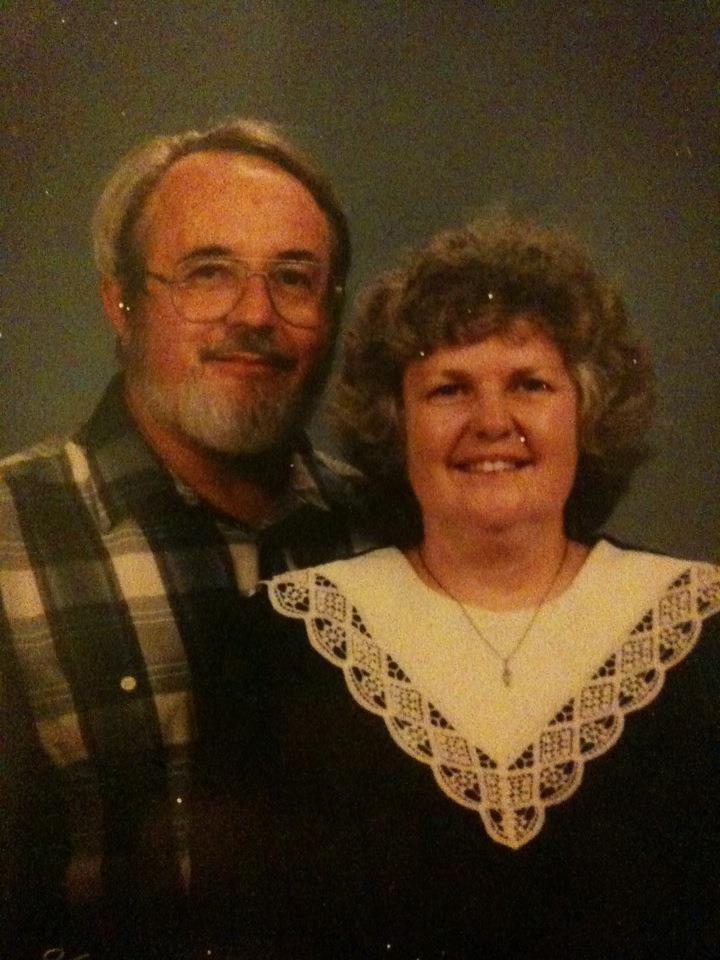Monday marked the 3rd anniversary of the death of our son. Unable to fall asleep, I found myself crying in the middle of the night. Later, I sat outside reading a book and agin started to cry. Several other times the tears welled up. Each time, I took a few minutes to just sit in the moment and feel the loss. The loss of the man I helped to raise. The loss of the dreams we had for his life. The loss of every minutes we will not share together. And then the tears dried up, and I continued on with my day. This is just one of the faces of grief.
Here are 10 things I have learned from grief.
- You believe you will never survive; you will never be okay again. You can not see past the pain to anything better. Yet some day you will find that you did survive with strength you didn’t know you had and through prayer (yours and others). You can’t listen to the lies that you tell yourself in the midst of the pain. It won’t always be like this.
- The first of everything is hardest, first Christmas, first birthday, first anniversary, etc. That first year is filled with all sorts of griefs you didn’t know you’d have like opening up the Christmas decorations and finding their stocking, or not getting that text message on Mother’s Day or not needing to bake a cake for their birthday. The firsts are the hardest.
- You will find yourself struck by odd things. It has been three years since losing my son and EVERY SINGLE TIME a stranger or acquaintance asks me how many children I have I think about my response. The answer is no longer simply, “Four,” because the follow up question is almost always, “How old are they?” and now you have a story to tell not ages to recite. You consider how much you want to share and sometimes you “lie” about your answer to shorted the conversation.
- There is no timeline, there is no end point. There are no mile markers along the grief journey that you reach at certain points. It is an ever gradual healing that has better and worse days, ebbing and flowing inconsistently. Two days after a tragedy you find yourself laughing over a joke you and your loved one had shared and twenty years later you find yourself sobbing over a bicycle that you haven’t ridden in a decade, but you can’t part with because they gave it to you as a gift. That’s grief.
- Guilt accompanies grief like a shadow. Forgetting the sound of their voice, enjoying yourself again, not thinking about them for an entire day. Guilt is natural, understandable, and yet completely unhelpful. That doesn’t mean we have a way to turn it off. The poison of guilt is not a companion we need, but sometimes we still want it because in some way punishing ourselves keeps us in pain. Holding on to the pain makes us feel more connected to the love we lost in a twisted sense of loyalty. Hold grief close only like an enemy you need to keep an eye on until you are strong enough to push it away.
- Life is bittersweet, grief is even more so. Forever, every single joy in life will be somehow touched by sorrow. Every celebration marked is marred by absence. Some celebrations are harder than others. My dad not walking me down the aisle was huge, but it was also marked by the opportunity for that honor to be shared by my brother with whom I am very close.
- It isn’t my job to make the person comforting me feel better. I don’t need to hold in my tears and “pull it together.” I need to be okay with my own tears and pain and not worry it if makes them uncomfortable. Likewise, when I am comforting them I need to not interrupt their talk or tears with words of comfort. Silence and mutual tears are probably better, unless they are asking you for words.
- Sex is healing. “And David comforted Bathsheba his wife, and went in unto her, and lay with her: and she bare a son, and he called his name Solomon: and the LORD loved him.” 2 Samual 12:24 In the context of marriage, sex is one of the many tools God designed to bring healing to a grieving heart. (Outside the context of marriage it can be even more damaging, so please hear me on this.) Sometimes sex ends in uncontrollable sobs. That’s okay. It’s a normal response to an emotional release. I could probably write an entire article on this topic because of the personal healing it has offered me.
- Each grief looks different, sometimes they compound and sometimes you re-grieve an earlier loss with a new loss. Some griefs begin before the loss of a loved one with a lengthy illness and you are nearly grieved out by the time they pass. Some are sudden and unexpected. Some are tragic and some are more in the course of nature. Don’t let guilt try to force you to compare them.
- You become stronger in ways you didn’t know, allowing you the possibility of handling your grief differently with each subsequent loss. Grief can be cumulative, so when I lost my mom, I re-grieved the loss of my father in a lesser and different way as I went from being fatherless to being parentless. New loss triggers old loss and can sometimes feel like life will only get worse because you will only add new griefs, you will not give up old griefs, but it isn’t like that. You have harder times and easier times, but it doesn’t need to be a constantly increasing burden.
Please, share your own lessons of grief in the comments. We can all use some extra help to get through our hard times.


